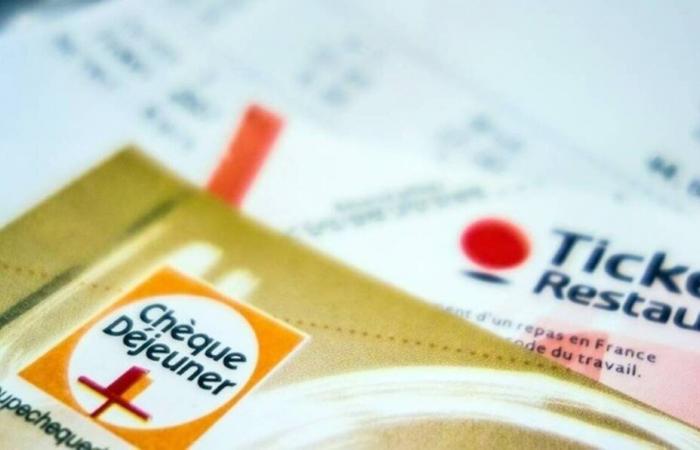This Wednesday, November 21, the National Assembly urgently adopted the extension until the end of 2026 of an exemption which allows restaurant vouchers to be used to purchase all food productsan aid to the purchasing power of workers regretted by restaurateurs.
This exemption – permitted by law in 2022 following Covid – had already been renewed for one year in December 2023, due to still high inflation.
It was to end on December 31, but the vote of the Assembly (75 for, 0 against) extended it for two more years. An adoption which must still be confirmed by a vote in the Senate.
With this vote, “this is to avoid any unpleasant surprises for our fellow citizens when they go shopping at the supermarket on January 2”underlined in her introductory remarks the Secretary of State for Consumer Affairs Laurence Garnier, who has committed to starting discussions on a reform of meal vouchers from 2025.
The system allows some 5.4 million employees in France to use their “restaurant vouchers” to buy non-consumable products on the shelves that need to be prepared (flour, pasta, rice, meat, etc.).
The initial version of the text, as arrived in committee, planned a one-year extensionbut in this context the deputies adopted an amendment from the EPR deputy Olivia Grégoire perpetuating the measure.
Created in 1967
The vote in the hemicycle on Wednesday was the subject of a large consensus after the adoption of several identical amendments carried by deputies from the socialist groups, GDR, MoDem and Liot, in favor of a two-year extension.
“If the measure appears to be a patch on a crisis which requires measures of another order” she is a “support for the purchasing power of households who benefit from meal vouchers”argued socialist deputy Karim Benbrahim during the debates.
The EPR group rallied in session to this two-year extension, the Macronist MP Françoise Buffet seeing in this measure not only an aid to purchasing power, but also a response “to an evolution of uses”, linked in particular to the development of teleworking.
The LRs for their part pleaded for an extension of only one yearto protect restaurateurs from a greater loss of market share in the face of mass distribution.
The debates in the hemicycle were an opportunity for the different groups to plead in favor of a reform “indispensable” meal voucherscreated in 1967.
Everyone has their own suggestions: acceleration of dematerialization, reduction in commissions applied to merchants, lever for healthy and sustainable food, opening of the measure to students, increase in competition between issuers, etc.






